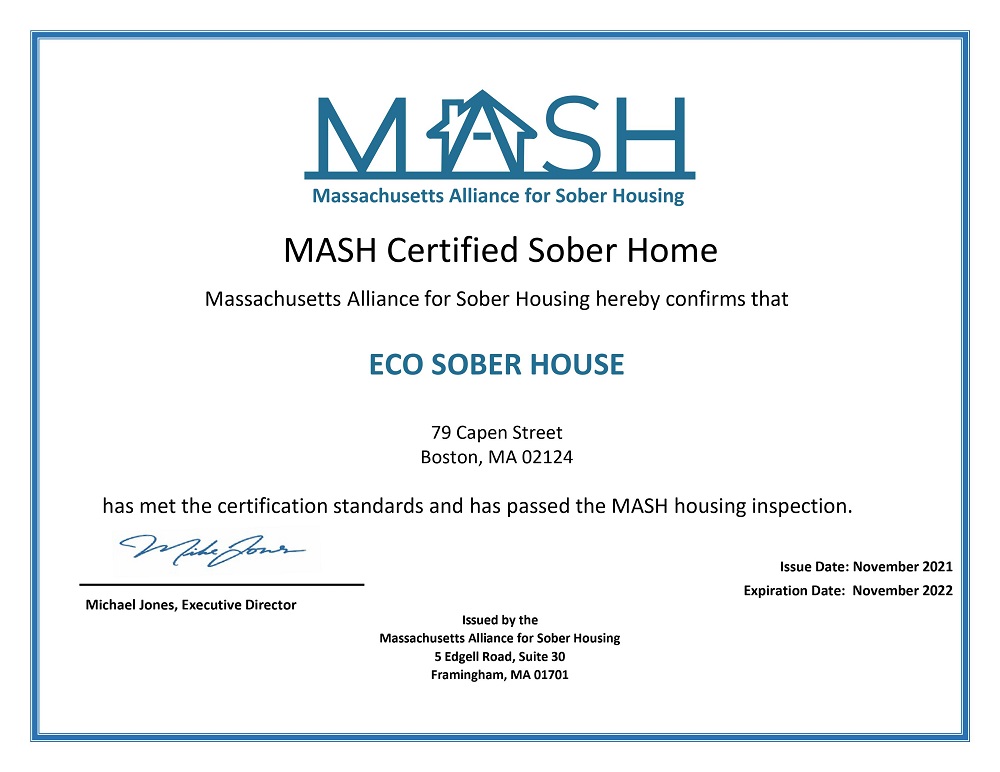However, it’s important to remember that you don’t have to please everyone. Sobriety is a personal decision, and you should do what’s best for you, not what other people think is best for you. A therapist specializing in addiction recovery can offer personalized advice and coping strategies. Participating in regular sessions can help you maintain focus on recovery and address any emerging issues before they become significant obstacles. You can call it fear if you want, but it’s actually a sign of progress.

How to navigate holidays and special occasions in recovery
- Developing a growth mindset—viewing setbacks as opportunities for learning rather than failures—builds resilience and diminishes fear of failure.
- For me, I was terrified because I knew no other way to be.
- In addition, you will find new hobbies and opportunities that will expose you to a wide variety of people.
- In Psychology from the University of Wisconsin-Madison where she was part of a psycho-social research lab.
- This need creates a new type of confidence that grows and sustains you in recovery.
Triggers are situations, emotions, or places that might tempt you to use substances again. They vary from person to person, so it’s essential to identify your specific triggers. Effective management of co-occurring conditions often involves integrated therapy approaches. Cognitive-behavioral therapy (CBT) and dialectical behavior therapy (DBT) are validated methods that help individuals cope with anxiety symptoms and prevent relapse. These therapies can be accessed through outpatient programs, mental health clinics, or specialized rehab centers. Managing mental health challenges such as anxiety during substance use recovery requires comprehensive support from specialized resources.
What are the Causes and Risk Factors of Anxiety?
Embracing the possibility of setbacks while focusing on progress rather than perfection can help alleviate this fear. Many people are afraid to get sober simply because they think they will hate it. When your current lifestyle revolves around drinking or drugging, it is not hard to see why the thought of living a sober life is hard to grasp. But what most people don’t realise, is that there are many ways in which life gets infinitely better when you get sober. It wasn’t until well into my sobriety that I thought, “this is for me.” During my first year of sobriety it was just something I was doing, not drinking. I wasn’t sure where I was going with it, if I would stay sober forever, or even if I was an actual alcoholic.

They Don’t Want to be Different
Write down any situations, emotions, or places that have led to substance use in the past. Living A Sober Powered Life is a supportive and caring community to help you through your sobriety journey. Monitoring your progress is crucial for maintaining motivation and identifying areas for improvement. These smaller goals build confidence and create momentum towards your larger objective of long-term sobriety.

- The fear of losing this identity can make sobriety seem daunting.
- If you give substance abuse up, you’ll have to face those emotions and find a new way to cope.
- In these situations, recognize what it means to you, personally, to recover.
- Now that you can recognize this fear, the question is, how do you get through it?
- Pain is what we’ve always tried to avoid by drinking and drugging.
And, to be frank, many times that reality is downright hard to swallow. Surround yourself with people who support your sobriety. fear of being sober This could include friends who understand your journey, family members who encourage your choices, or support groups like Alcoholics Anonymous or SMART Recovery. It can affect your own physical and nifaliophobia mental health as well as hurting people around you.
How to Improve Emotional Intelligence in Recovery
As you delve deeper into the program, you’ll begin to understand the root causes of your fears so you can assuage them. Understanding these fears can help individuals confront them head-on and find the courage to move forward. Here are the five most common fears about recovery and getting sober.
Visualization techniques to support sobriety
These methods can help individuals navigate challenging situations more effectively, fostering a healthier recovery process. A strong support network can provide encouragement and reduce feelings of isolation. People experiencing nifaliophobia may avoid situations where substances are absent and feel severe anxiety about living sober. This positive change is most visible among individuals who recover from addictions to liquor and stimulants. In the case of alcoholics who start to get liver spots, these can go away within four weeks.
When questioning your ability to rebuild relationships and maintain sobriety, your confidence lowers and prevents you from taking leaps of faith. Join our global mission of connecting patients with addiction and mental health treatment. See open positions and help people step into hope. Recovery.com combines independent research with expert guidance on heroin addiction addiction and mental health treatment.
The impact of addiction on mental health
- These practices also help break the cycle of fear-driven thought patterns, replacing them with a more compassionate approach.
- Mood swings are common, with some feeling overwhelmed or hopeless at times.
- You may be able to fix some of what’s lost and damaged.
- Aim for at least 30 minutes of moderate exercise daily.
- The FHE Health team is committed to providing accurate information that adheres to the highest standards of writing.
This article explores the nature of these feelings, their common symptoms, and practical strategies to overcome them, ensuring a smoother transition into lasting sobriety. For some, being sober means dealing with painful memories, powerful emotions, and incredibly stressful thought patterns. While some people fear the physical pain of getting sober, others are more concerned about having to face emotions they’ve long avoided. Without drugs and alcohol, it may seem hard to manage symptoms of stress, depression, anxiety, or past trauma.
There’s a fear of a life without the ability to ever drink or take drugs again. Staying sober means staying clean, and that alone can be a scary thought for many addicts and alcoholics. It should be viewed not as a definitive failure but as an opportunity for learning and growth. Developing proactive coping mechanisms, such as mindfulness practices or engaging in new hobbies, can significantly diminish the risk of relapse. Therapy plays a fundamental role in navigating fears related to sobriety.
